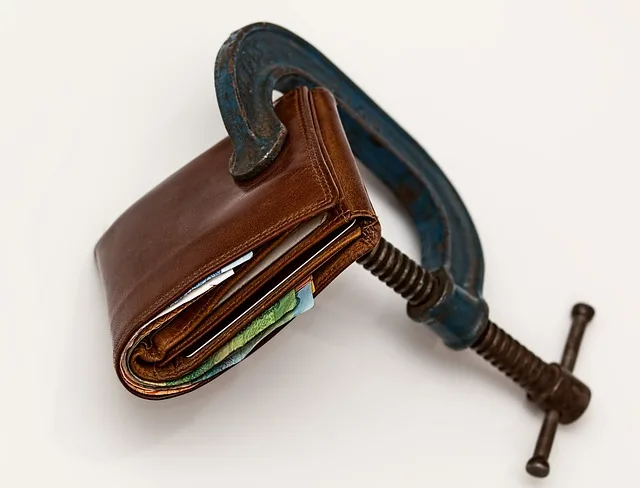Are you having challenges with establishing a smart financial management strategy?
It is undeniable that economic hardship in Nigeria is getting worse by the minute and affects all Nigerians, whether they are salaried employees or entrepreneurs.

The cost of goods is rising so quickly that if you inquire for a price, leave in a moment, and then return to pick them up, the price would have gone up.
A nonviolent demonstration against the rising cost of living, food prices, and economic hardship was held in Ibadan not too long ago.
The extremely high cost of living is being steadily protested in several places with placards, and we can say this was how ENDSARS began.
However, concerns like insecurity are also becoming more prevalent. So, high cost of living it is not the only issue at hand.
Kidnapping incidents abound, and large ransom demands appear to be the new normal.
With the increase in cost of living and finances seeming stagnant, learning how to manage your finances effectively during difficult times with these 3 essential tips is a plus for anyone.
As the saying goes, “a little drop of water makes a mighty ocean”.
1. Have A Side Business
If you work from 9 to 5, start something by the side that won’t conflict with your employment.
As long as you can manage them, there are no restrictions on how many side projects you can take on.
However, while you consider your alternatives for each side project you wish to pursue, don’t forget to prioritise your health.
If you’re an entrepreneur, you can expand your old business by starting new ones.
It should be noted that in addition to physical trainings like phone repair, video editing, printing business, etc., there are a variety of free online trainings available, depending on your area of interest.
Also Read: See How Market Prices Of Foodstuff Is Rising
2. Budgeting
Create a Budget and Stick to It. If there has never been a period where you have not budgeted, this is the best time to start.
Plan your budget before you get your salary or profit from your business. Create a budget plan for everything that requires purchase.
Try to allocate your income to your most pressing needs and not your wants.
Having a budget can provide a clear roadmap for your spending and savings goals.
3. Build An Emergency Fund
Building an emergency fund is essential for providing a financial safety net during times of crisis or unexpected expenses.
Aim to set aside a portion of your income regularly into a dedicated savings account specifically for emergencies.
Strive to save enough to cover living expenses.
Having an emergency fund in place can provide peace of mind and financial security.
Indeed, it will help you to weather unforeseen financial setbacks without resorting to high-interest loans or credit cards.
No matter how little it seems, put your heart to the savings.
Set aside at least 10% of your income as a salary earner or business owner.

